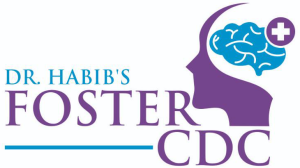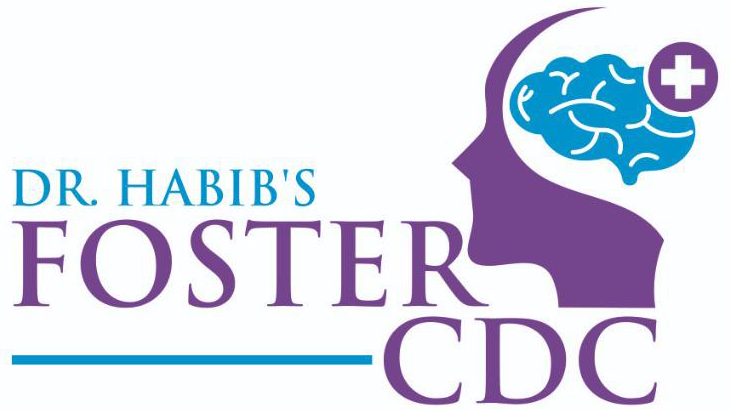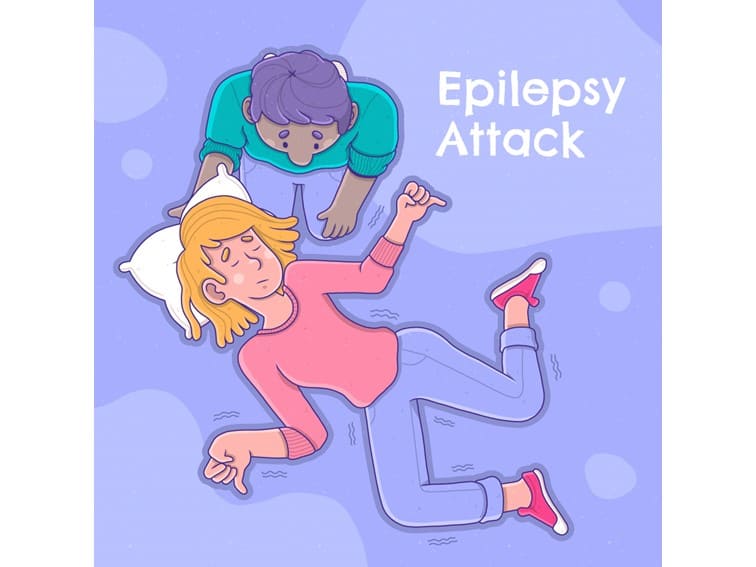Seizure care plan for home| Seizure Care and Comfort for Your Child Based on the Type of Seizure
Seizures can induce changes in how your child acts. Whether it is an absence seizure, focal seizure or tonic-clonic seizure your child behaves abnormally. In some seizures, your child may give a blank stare and in other types, your child may faint or pass out with jerking in hands and legs and stiffness in the neck. Therefore, caring for your child before and after a seizure may vary based on the type of seizure the child is experiencing.
Care for Absence Seizure
How to Know whether your Child Has an Absence Seizure?
Remember! Parents and teachers are the ones who first notice absence seizures. When you talk to your child if he or she suddenly stops and stares and looks blank for a few seconds or more – the child is said to have an absence seizure. The clues of absence seizures – the child remains unconscious only for a short time; stares constantly and looks blank; the eyelids may flutter (blink repeatedly). They look as if they are not paying attention or seem to be daydreaming – looking into space and thinking hard about something.
Whoever (whether it is a teacher or parent) identifies absence seizures should act accordingly and inform the other. These types of seizures are mostly misinterpreted.
If you identify this type of seizure in your child, inform immediately to his or her school teacher.
Absence seizures do not last long. They are very quick moments or very short staring spells
What to do if your child has an absence seizure?
Seizure care plan for home: Apart from the basic seizure aid that you give as discussed in the first aid for seizures – you can do the following in case of absence seizures:
See whether your child is having any other movements – such as chewing, moving eyes, or blinking their eyes – apart from staring.
Also, check whether the seizure stops as you call your child or touch them.
And also see whether your child needs repeated instructions more than one time.
If you suspect that your child may be having an absence seizure, make your child comfortable after the seizure.
Let your child know where they are and what is going on.
and call your child’s pediatric neurologist immediately.
Care for a focal seizure with impaired awareness
Seizure care plan for home: Focal seizures can trouble your child while he or she is walking, sitting, standing or when this type of seizure strikes, your child may act in any or all of these ways:
- Your child may seem to be confused when you ask them something.
- The child may not respond, give a glassy or a blank stare.
- Move the lips or press their lips tightly (smack lips) and open the lips or have chewing motions
- Seems to be restless with their clothes
- Fidget with their clothes or feel agitated continuously
- Look drunk, drugged, or confused
What to do if your child has a focal seizure with impaired awareness?
Seizure care plan for home: Apart from the basic seizure aid that you give as discussed in the first aid for seizures – you can do the following in case of a focal seizure with impaired awareness:
Don’t try to overcome them or hold tight as if to control their body movements
Keep them safe
Don’t try to suppress their anger or talk to them forcefully or argue with them when they appear to be angry until the seizure stops.
What you should do after a focal seizure with impaired awareness?
- make your child comfortable after the seizure.
- Let your child know where they are and what is going on.
- and call your child’s paediatric neurologist immediately.
Care For Tonic-Clonic Seizures
In this type of seizure your child’s body jerks. The child may pass out (become unconscious). Your child may have breathing difficulty and may look pale or blue. Your child may wet their pants or have a bowel movement. They may have more spit (saliva) in their mouth than usual.
What to do if your child has a tonic-clonic seizure with impaired awareness?
Apart from the basic seizure aid that you give as discussed in the first aid for seizures – you can do the following in case of a tonic-clonic seizure with impaired awareness:
- Excess saliva may accumulate in your child’s mouth – Don’t worry
- Your child may pass urine or stool during this type of seizure as they cannot control such acts during a seizure.
- Don’t try to put anything in your child’s mouth between teeth or tongue to protect the tongue assuming that the child may bit their tongue.
What should I do after a tonic-clonic seizure?
- You should make your child comfortable as they anticipate this from you after undergoing a seizure.
- They may appear tired, lethargic, and confused and want to sleep
- If your child wet their pants or had a bowel movement during the seizure, help your child get clean. Make your child comfortable by telling them that they could not help that way.
- Call or book an appointment with your child’s paediatric neurologist or
When you see a doctor and if the doctor diagnosis seizure based on the symptoms and frequency of seizures, your child doctor may start medicines or change your child’s medicines.


